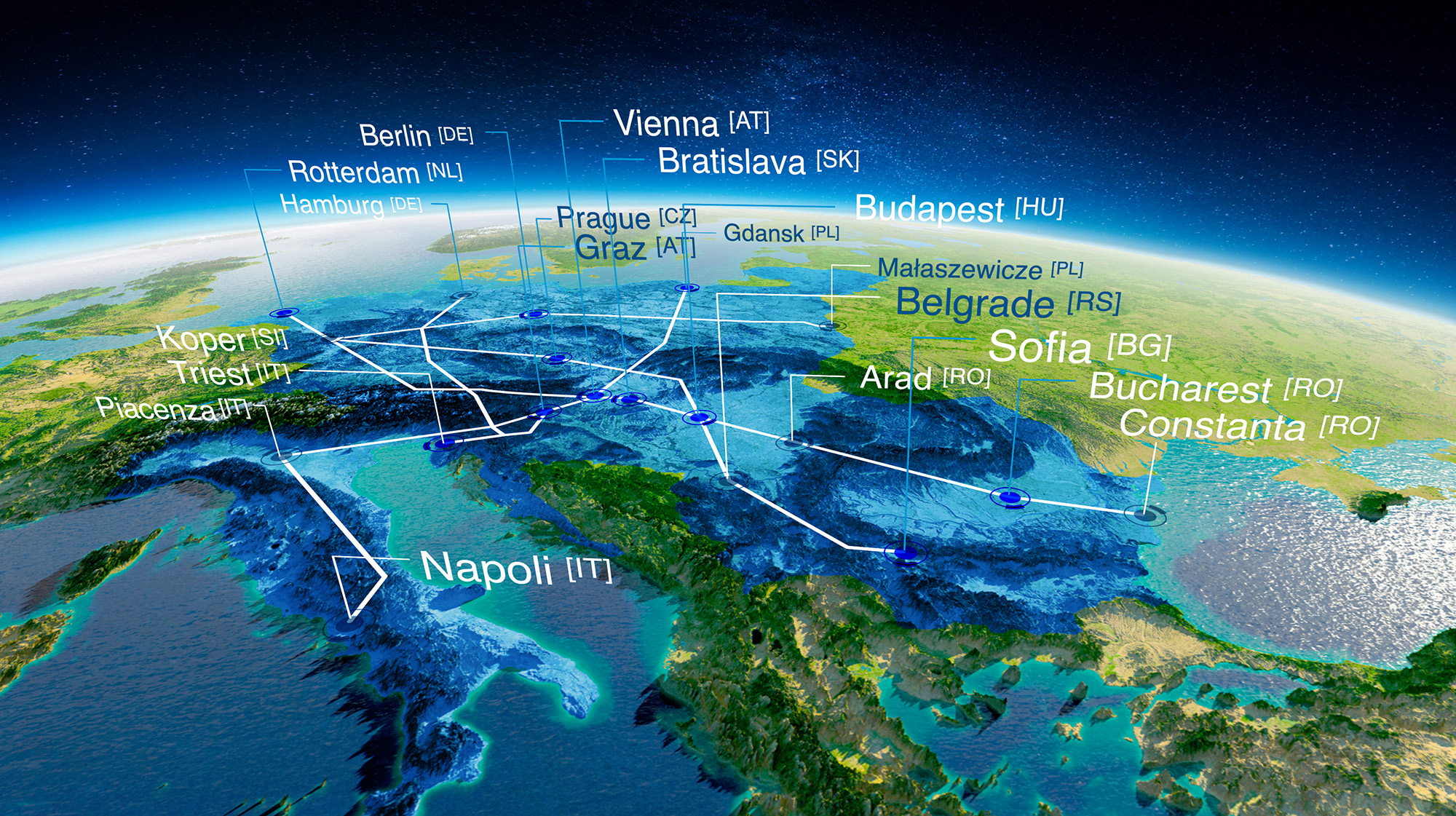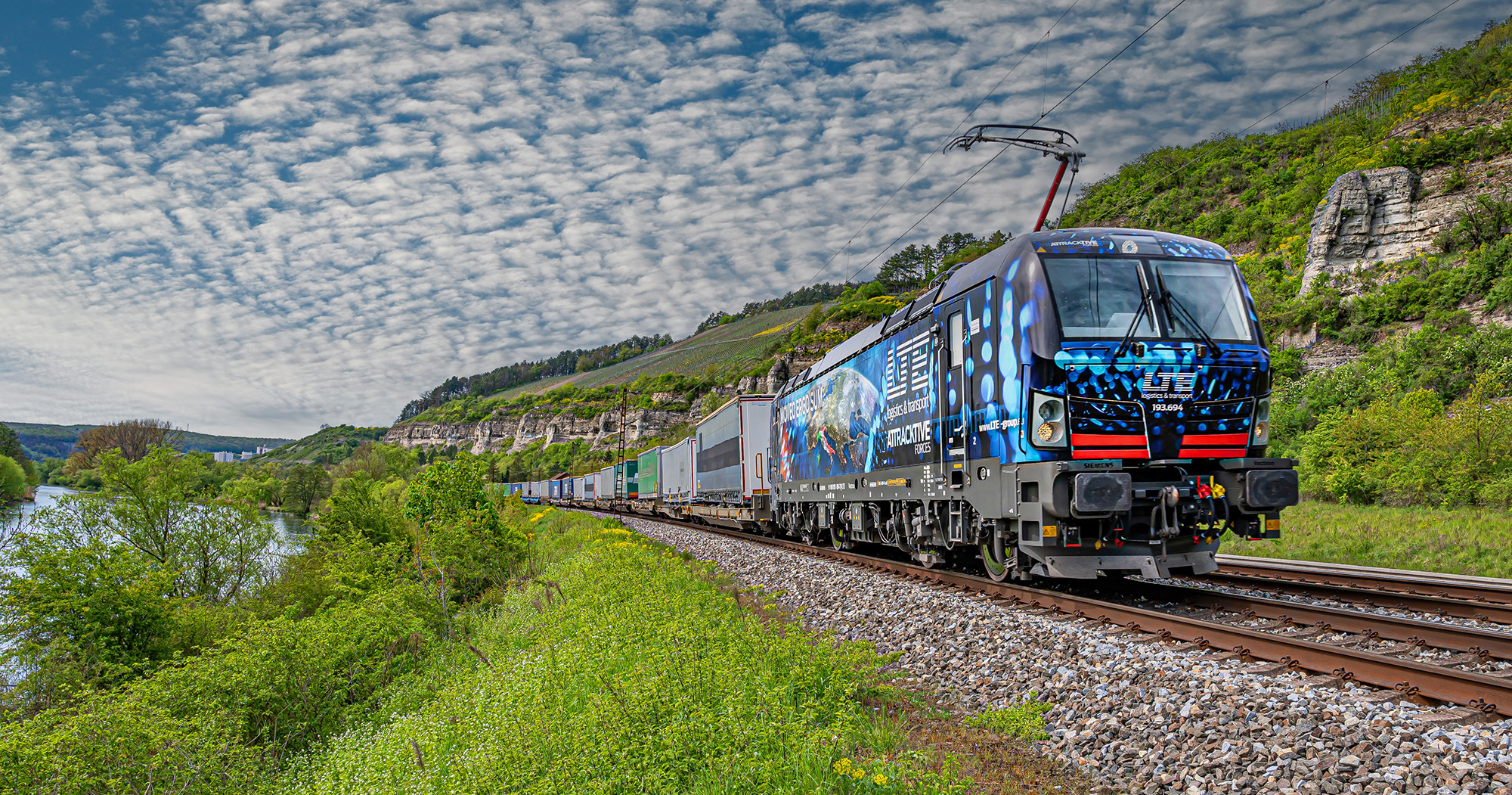There is still a lot to do in Europe, but despite infrastructural problems and high energy supply costs, Andreas Mandl, CEO of the LTE-group, is convinced that the future of transport belongs to rail - and the future has already begun.
Stay informed!
Fill in your email address and get regular updates from LTE-group!
For more than two decades the LTE-group has been taking on all challenges with great commitment and competence on many levels. "It was and is always important to us mastering these obstacles with both speed and precision of our committed team.", the employees sound in unison. Supported by a state-of-the-art fleet of mostly multi-system locomotives, you do not only gain time, but also rank at the top in terms of environmental compatibility.

"Today we drive from the Black Sea to the Atlantic with just one locomotive. This not only saves time, but also money for our clientele," which is convincing. It is precisely on these corridors that LTE succeeds with transporting new vehicles as well as grain, intermodal and – paradoxically, since it is “green” again – also coal transports - the LTE-wide average transport distance being around 1,200 km, compared to the average in rail logistics is 500 - 1,000 km. "Each tonne of rail freight causes around 8 times fewer particulate matter emissions per km than than transporting it with an average truck," reported ifeu (Institute for Energy and Environmental Research) and "it causes around 27.3 times less CO2 emissions per km,” according to global2000.at.

The LTE-group not only competes successfully on a daily basis, but is also quite impressive on its routes: with locomotive designs that are popular and photographed by railway enthusiasts, which draw attention to todays problems and at the same time presenting solutions because it to replace 40 trucks, it just takes one locomotive, preferably one from LTE...
